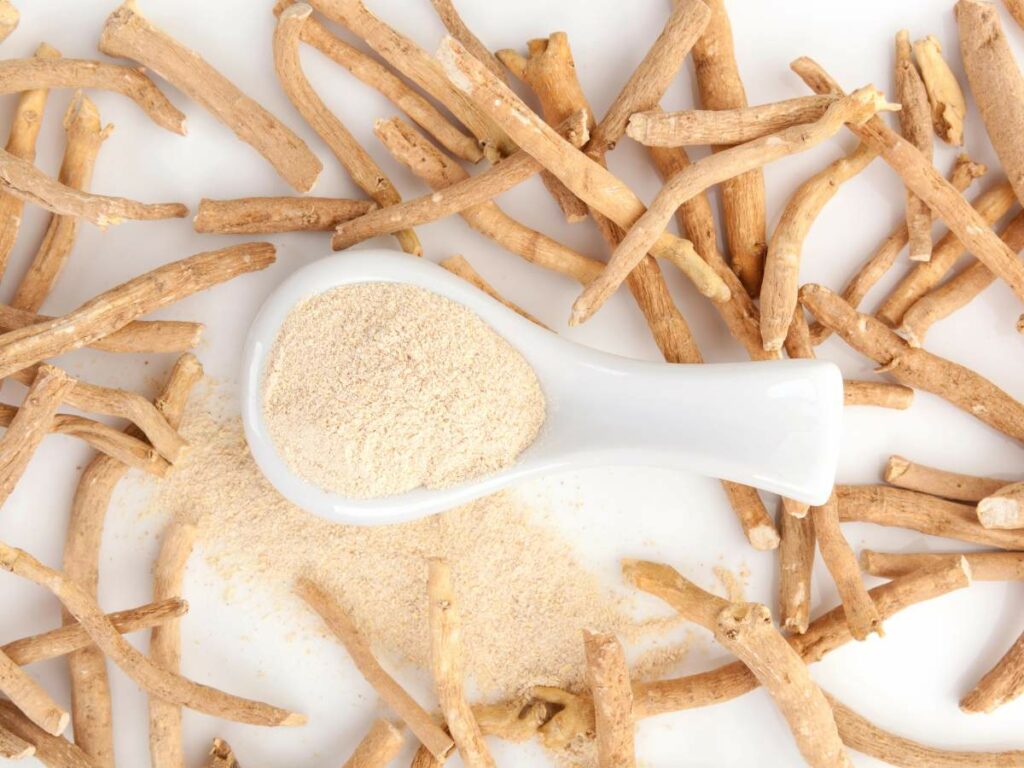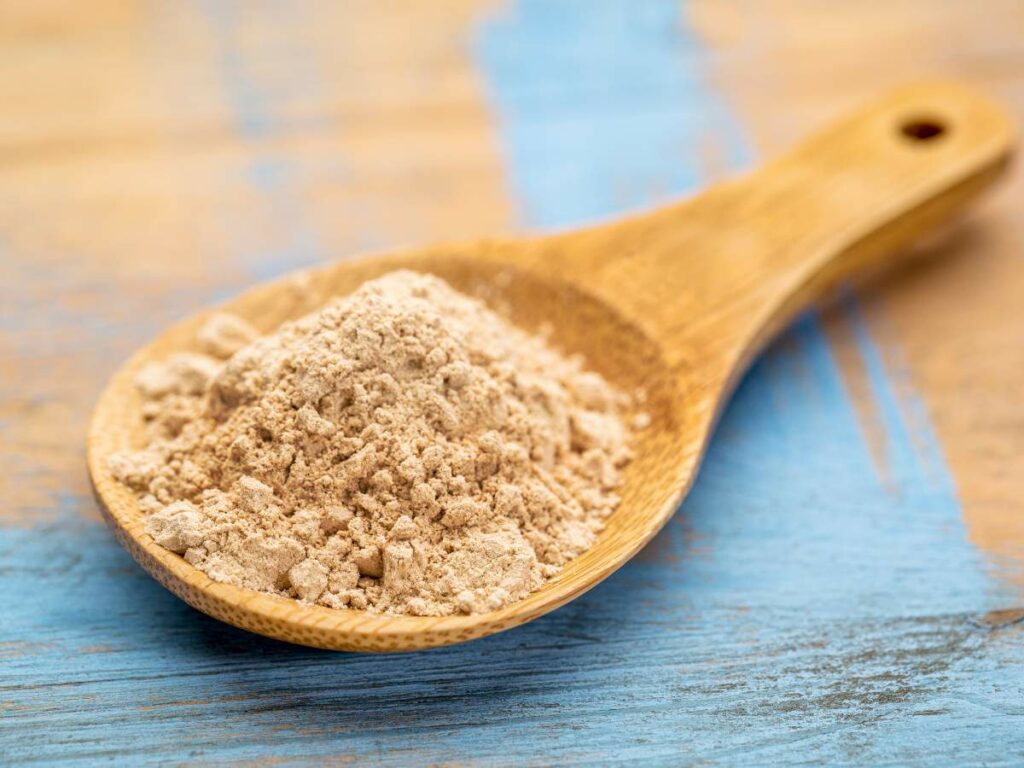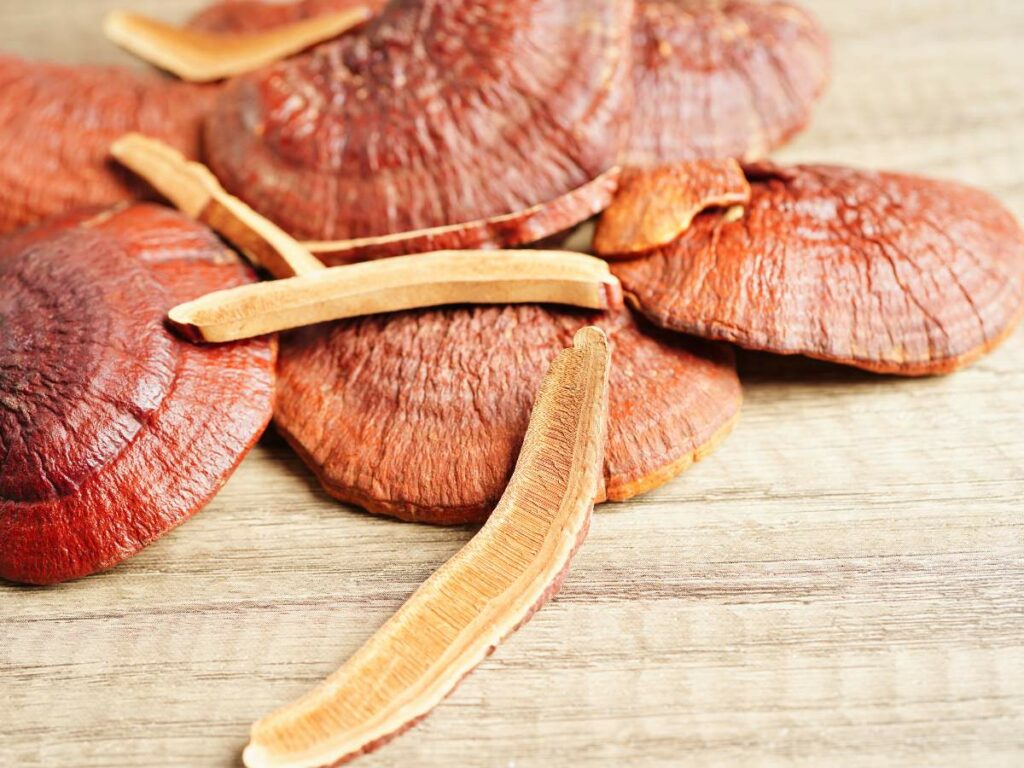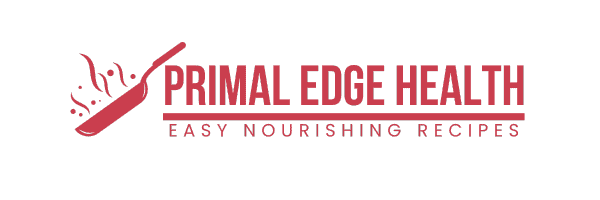What Are Adaptogens? Plus, Top Choices that Really Work
Primal Edge Health participates in the Amazon Services LLC Associates Program and other affiliate programs and therefore, may collect a share of sales or other compensation from the links on this page. This comes at no additional cost to you, and all the prices and availability are accurate at the time of publishing.
What are adaptogens, and how can they benefit your health? Like with any other supplement, it’s important to ask the right questions, and I’m here to shed light on these beneficial plants.

I started venturing into adaptogens many years ago, and after some trial and error, I found a handful that worked best for me. However, if you’re just starting out, it’s best to do your due diligence before adding any supplement to your diet.
So, what exactly are adaptogens and which ones will work best for your health? Let’s discuss.
What are adaptogens?
Before we get into common adaptogens and their potential benefits, let’s get a better understanding of what adaptogens are. Adaptogens are a class of plants and herbs believed to provide natural stress relief, whether physical, chemical or biological, according to UCLA Health.
They aim to restore balance, called homeostasis, in the body’s systems and improve its ability to cope with stress. Moreover, the concept of adaptogens is rooted in traditional medicine systems, particularly in Ayurvedic and Chinese medicine, where these substances have been used for centuries to enhance resilience and vitality.
What are common adaptogens and their benefits?
UCLA Health cites some of the most common adaptogens in Western and Eastern applications. Let’s take a closer look at each one and the potential benefits they offer.
Tongkat ali
Tongkat ali, also known as Eurycoma longifolia or Malaysian ginseng, is traditionally used as an anti-aging remedy to improve libido, energy, sports performance and weight loss, according to this study in the Journal of the International Society of Sports Nutrition. Modern supplements of tongkat ali aim to stimulate free testosterone release, reduce fatigue and improve overall well-being.

You can use tongkat ali in capsule form, but I recommend opting for adaptogen supplements from a reputable brand like CHOQ. They boast the most extensively researched tongkat ali in the world and verify that their supplements contain all the important phytochemicals.
If you’re new to tongkat ali, CHOQ’s Tongkat 100 is the best one to start with. Use my code “BIG53LIFE” for 53% off all subscriptions.
Ashwagandha
Ashwagandha, also known as Withania somnifera, Indian ginseng or winter cherry, is a powerful herb used in Ayurvedic medicine for centuries. According to the NIH Office of Dietary Supplements, it’s a traditional medicine believed to improve sleep and reduce stress and anxiety.
So, if you’re looking to improve mental health and sleep quality naturally, your doctor might suggest adding an ashwagandha supplement to your diet. This herb comes in powder, capsules, tinctures and even gummies.
I prefer the powder so I can make an ashwagandha latte at home. It gives me a smoother start to my day, especially if I expect a busy schedule ahead of me. If I don’t have the time, I go for these ashwagandha capsules from CHOQ. They help me stay focused and give me a slight pick-me-up when I’m tired.

Maca
Maca is a root vegetable from the high Andes of Peru, often called Peruvian ginseng. It’s been used for ages to boost health, energy and sexual health. As an adaptogen, it helps your body handle stress and balance hormones. It’s also considered to be one of the best ingredients for making healthy energy drinks.
People love maca for its ability to increase energy and stamina, which is why athletes often use it to improve their performance. Additionally, maca can boost libido and sexual function in both men and women, and it may even help with fertility.
Both maca and tongkat ali offer potential benefits for reproductive health, but the mechanisms in which they do so differ. These details are outlined in this maca vs. tongkat ali review, and while there’s no clear winner, one supplement might work better for you, depending on your health goals.
Ginseng
Panax ginseng, often referred to as Asian or Korean ginseng, is a well-known adaptogen used in traditional medicine for centuries. According to Biomedicine & Pharmacotherapy, Panax ginseng helps the body resist physical, chemical and biological stress by promoting homeostasis.
More specifically, it is known for its ability to reduce stress by modulating the hypothalamic-pituitary-adrenal axis, which helps lower cortisol levels. On a similar note, it can also help regulate your circadian rhythm and promote better sleep. I use these Red Korean Panax Ginseng veggie capsules, and I find them better at helping me fall asleep than melatonin.
Reishi
Ganoderma lucidum, also known as lingzhi or reishi, is a traditional medicinal mushroom that is highly valued in China, Japan and other Asian countries for its health-promoting properties. It has been used for over 2000 years to enhance well-being and longevity.
Herbal Medicine: Biomolecular and Clinical Aspects states that Lingzhi is available in various commercial forms, such as powders and supplements, and is reputed to support immune function, control blood glucose, protect the liver and possess anti-cancer properties. While many benefits are traditionally acclaimed, modern research provides some scientific backing for these effects.
Raw reishi is very bitter and unpleasant, so the best way to consume it is in powder or dried form. You can try adding it to natural probiotic foods like yogurt to mask the flavor and boost its health benefits. It can also be added to herbal tea, soups and stews.

Tulsi
Tulsi, or holy basil, is a powerful herb used for its stress-relieving properties, according to the Journal of Ayurveda and Integrative Medicine. It helps protect against various stressors like pollution, poor diet and physical exertion. Tulsi also has antimicrobial, anti-inflammatory and antioxidant benefits, making it useful for treating infections, improving mental clarity and detoxifying the body.
You can eat holy basil as is and combine it into recipes like traditional Thai pork and holy basil stir-fry or Indian holy basil stew. Alternatively, you can get holy basil extract in the form of capsules, tablets or tinctures. You can also easily grow your own tulsi in an herb garden.
Want to combine the benefits of reishi, ashwagandha and holy basil? Try this mushroom blend that also features moringa, chaga and other adaptogens. I love this blend when I want the taste of coffee without the negative effects of caffeine.
Cordyceps
Cordyceps, an extraordinary adaptogen, has a rich history in traditional Chinese medicine and is now celebrated for its ability to enhance energy and vitality naturally. According to the Journal of Functional Foods, this unique fungus boosts stamina and endurance by improving oxygen utilization and increasing ATP production, which makes it popular among athletes and anyone seeking a natural energy lift.
Beyond energy, cordyceps supports immune health, reduces inflammation and promotes respiratory wellness. So, if you want to start the day right, give this cordyceps coffee a try. It gives me the mental clarity I need but doesn’t come with jitters.
“I take adaptogenic reishi and cordyceps daily to overcome chronic Lyme symptoms and they’ve been an integral part of my healing journey to help reduce fatigue as well as quell inflammation. What I love about them most though is how they literally morph to whatever your body needs. While my ultimate goal is to ween down on the supplements I take for Lyme over time, I plan to keep adaptogens as part of my daily routine indefinitely.”
— Gina Matsoukas, Running to the Kitchen

How to incorporate adaptogens into your daily routine
Consuming more adaptogens can be more than just taking supplements. Here are other ways you can incorporate adaptogens into your daily life:
Start with a morning adaptogen smoothie
Blend adaptogens like ashwagandha, maca, or reishi into your morning smoothie for a stress-reducing, energy-boosting start to your day. I like to add a blend of maca and ashwagandha to a green smoothie.
Take note that some adaptogens in their powder from can taste a little bitter, like tongkat ali. If you want to mask the flavor, mix it into a strong-tasting smoothie like chocolate raspberry or strawberry cheesecake.
Add adaptogens to your coffee or tea
Mix powdered adaptogens such as rhodiola or ginseng into your daily coffee or tea. This is an easy way to enjoy a subtle, sustained energy lift without the caffeine jitters. Try my favorite ashwagandha coffee recipe if you like your coffee earthy, rich, and a little bit sweet.
Wind down with an evening adaptogen tonic
Have trouble falling asleep? Create a relaxing bedtime ritual with a warm adaptogen tonic, using herbs like reishi or holy basil. This soothing drink can promote calmness and improve sleep quality so you can easily unwind after a long day.
Incorporate adaptogens into your cooking
Try adding other adaptogenic herbs like turmeric, ginger or holy basil to your everyday cooking. Whether you’re making soups, stews or stir-fries, it’s an easy and delicious way to work these powerful herbs into your meals.
The good news is that many adaptogens are already found in a lot of recipes. Here are some you can start with:
- Cabbage noodles with hidden liver
- Low-carb pumpkin soup
- Carne asada with cauliflower rice
- Gluten-free gingerbread loaf
- Maca chocolate bars
FAQs
Yes, many people combine different adaptogens to create a synergistic effect. However, it’s important to start with one adaptogen to see how your body responds before adding others. Always consult with a healthcare provider to make sure the combination is safe for you.
While adaptogens are generally considered safe, they may not be suitable for everyone, especially those with certain medical conditions or those who are pregnant or breastfeeding. Consult your doctor before starting any new supplement.
Yes, adaptogens can interact with certain medications, such as blood thinners, blood pressure medications and immunosuppressants, according to Frontiers in Pharmacology. Don’t forget to consult with a healthcare provider to avoid potential interactions.
Give adaptogens a try
Always consult your doctor before adding any supplement to your diet. Some adaptogens may interfere with medications, and not all are advisable for people dealing with certain medical conditions.
Once you get the green light, choose an adaptogen that can help you achieve your health goals, whether that be better mental health, increased fertility or enhanced athletic performance. In any case, make sure you add the supplement gradually.
If you’re new to adaptogens, I highly recommend starting with CHOQ. In my opinion, they produce the most reliable adaptogenic supplements out there, mainly because of the amount of research they put into each product. Give them a try and use my code “BIG53LIFE” for 53% off all subscriptions!
Portions of this article originally appeared on Food Drink Life.







